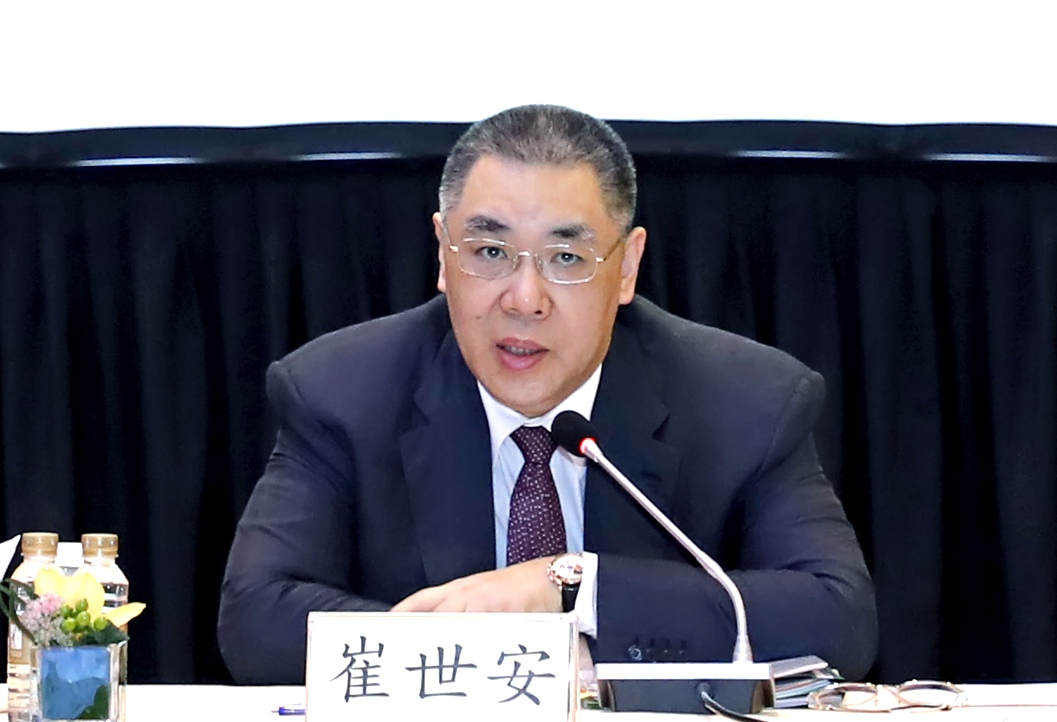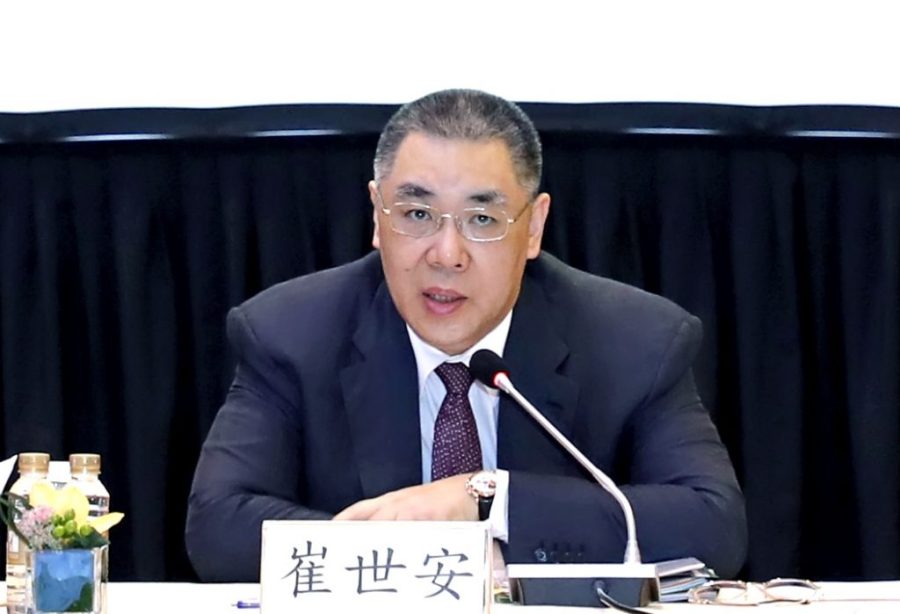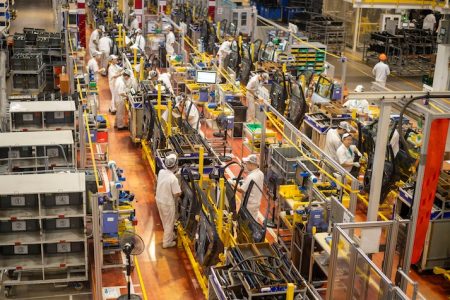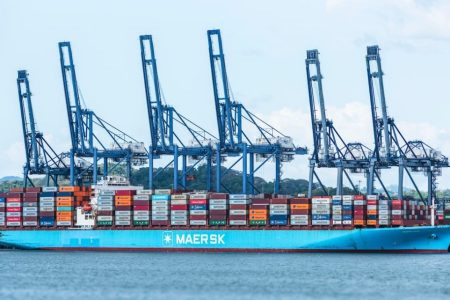Chief Executive Fernando Chui Sai On said on Thursday that the local government would continue to regard developing the economy and improving people’s livelihoods as the “main axis” of its governance, according to a statement by Economic Development Council (CDE).
The statement underlined that Chui also emphasised the need for the government to “walk on two legs”, to improve Macau’s self-development capabilities and strengthen regional cooperation at the same time, in order to ensure the local economy’s sustainable development, as well as to protect social harmony and stability.
Chui made the remarks while chairing this year’s annual Economic Development Council plenary meeting at Macau Tower, the statement said. As Chui’s term ends at midnight on December 19, it is the last time he would chair the council’s annual plenum.
During the closed-door meeting, Chui said that the current international situation was “complicated” and the global economy was facing “increasing uncertainties”, adding that this year’s local economy was also facing short-term fluctuations due to the impact of external factors, the statement noted.
Chui also pointed out that one could expect Macau to still face the pressure of an economic decline in the second half of this year, the statement said.
Chui vowed that the local government would continue to closely monitor the economic changes in order to prevent economic risks. He also said that the government’s fundamental principle was to strive for stability and to actively prepare itself to take responsive measures in a timely manner, the statement said.
According to the statement, Chui said he was confident that with the full support of the central government and the joint efforts of the local government and the city’s various social sectors, Macau’s economy could “certainly remain stable and healthy” and continue to contribute to the success of the “One Country, Two Systems” practice.
According to the statement, Secretary for Economy and Finance Lionel Leong Vai Tac said during the meeting that the local economy was currently facing “downward pressure” and admitted that short-term fluctuations may emerge. However, he insisted that the local economy would remain stable in the long run.
Leong also said that the current employment situation remained stable, public finances were “sound”, and Macau’s emerging industries were developing in an orderly manner, adding that moderate diversification of the local economy was being “steadily promoted” and that the local economy’s “resilience” was improving, the statement said.
Leong pointed out that in the face of the challenges of economic uncertainty, the government would continue to “closely monitor” in a timely manner the impact of the economic adjustments on local society, particularly on the employment market, the statement noted.
On the other hand, Leong also pointed out that Macau will actively integrate itself into the nation’s development plan, seizing the opportunities provided by the development of the Guangdong-Hong Kong-Macau Greater Bay Area (GBA) and the “One Centre, One Platform” objective, the statement said.
The “One Centre, One Platform” refers to Macau’s ongoing efforts to become a world tourism and leisure centre and a business-service platform between China and Portuguese-speaking countries (PSCs).
Leong underlined that the government will respond to external economic changes through its “solid strength” that, he said, had already been achieved in the area of public finances, and also by ensuring that public spending on maintaining people’s livelihoods will remain “unaffected”.
According to the Macau Post Daily, the government-appointed council is a consultative body that consists mainly of businesspeople and senior government officials. It is tasked with advising the government on formulating its economic development strategy and economic and human resources policies. The council, which was set up in 2007, holds one plenary meeting a year.






